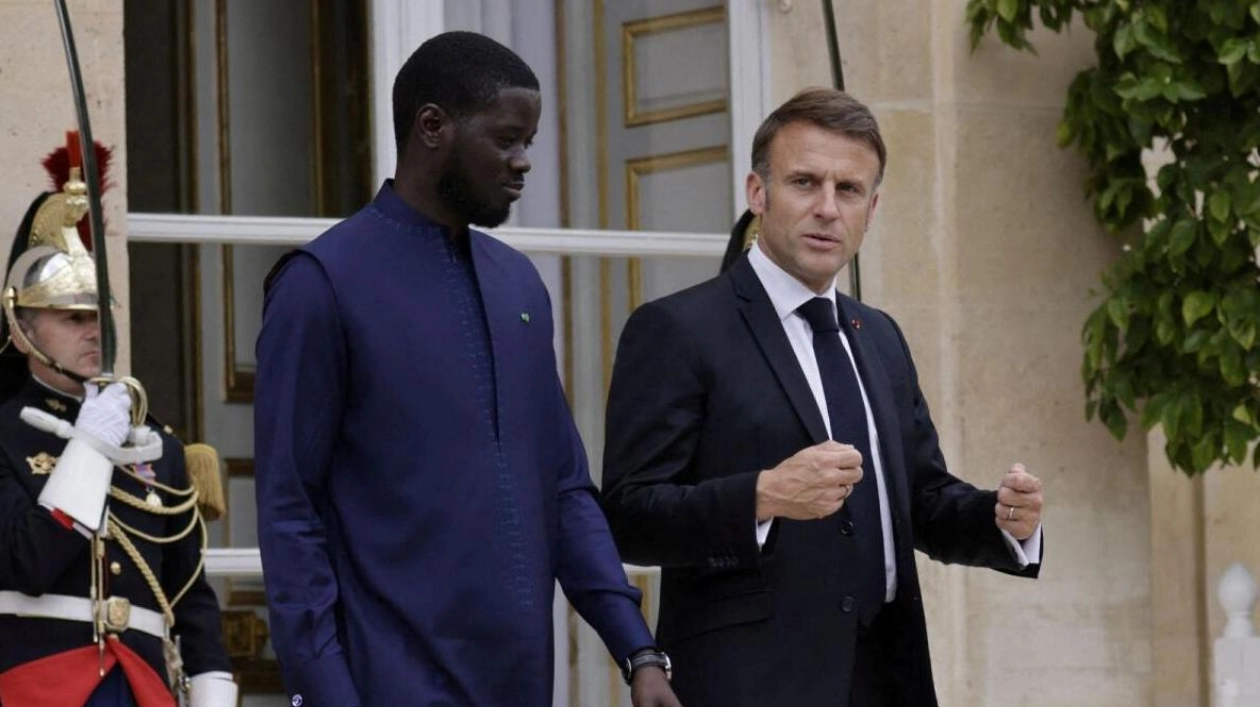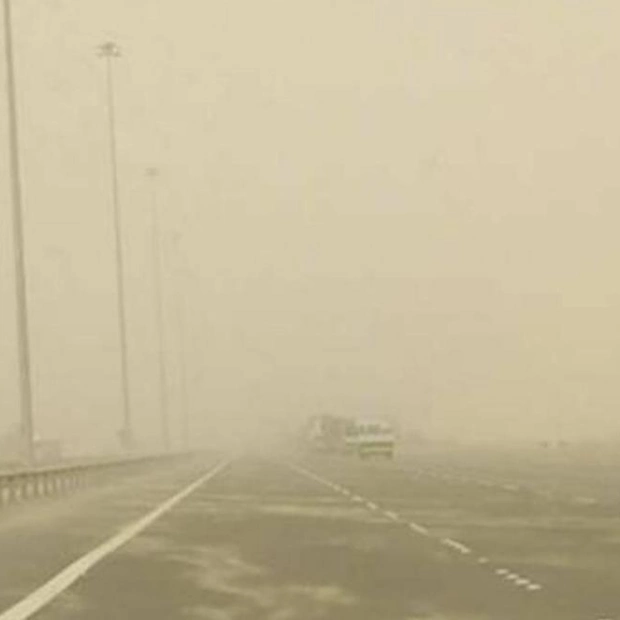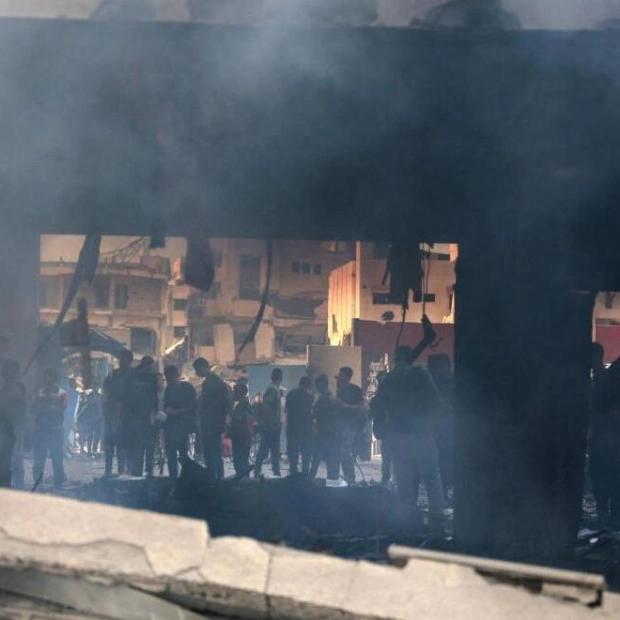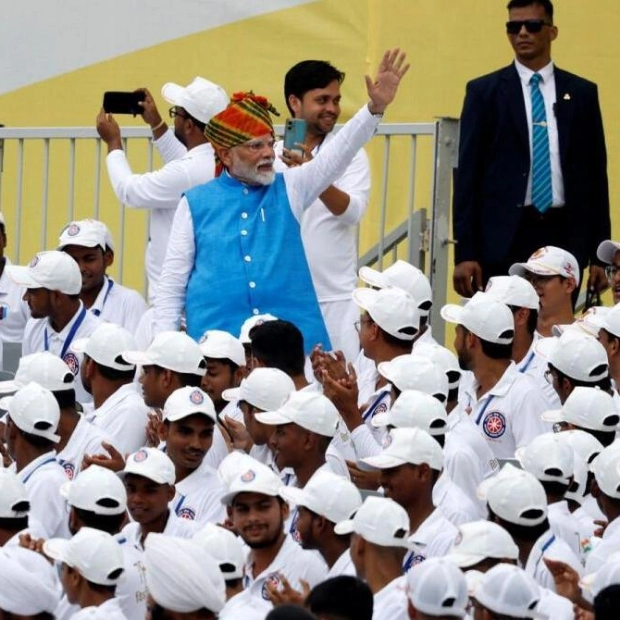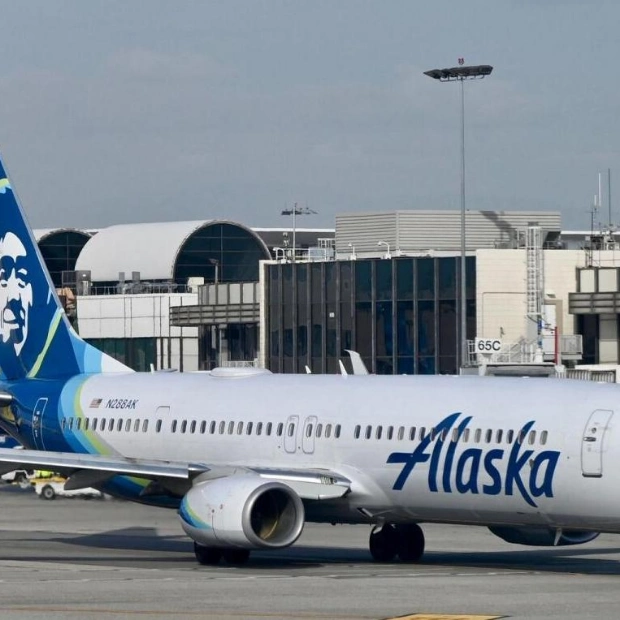France has taken a significant step in acknowledging the tragic events involving African troops in Senegal during World War II, as the government aims to alleviate tensions with former colonies regarding historical narratives, according to a statement on Sunday.
Six African soldiers — four from Senegal, one from Ivory Coast, and one from what is now Burkina Faso — were posthumously recognized for having 'died for France'. This decision was made by France's veterans and remembrance ministry in anticipation of the 80th anniversary of the events at Thiaroye in Senegal in 1944. It aligns with President Emmanuel Macron's commitment to confront history honestly, as stated by an official.
The decision was announced on June 18, shortly before Macron's first meeting with Senegalese President Bassirou Diomaye Faye in Paris. Macron has been proactive in addressing historical grievances related to France's interactions with Africa, particularly concerning the Algerian War of Independence and the Rwandan genocide.
Critics, however, argue that these acknowledgments, though appreciated, often fall short of a comprehensive apology. The official indicated that this recognition of the six soldiers is preliminary, with plans to extend it once the identities of other victims are confirmed.
On December 1, 1944, colonial troops and French gendarmes, following orders from French army officers, opened fire on African troops at the Thiaroye military camp near Dakar. These soldiers, recently returned from captivity in Germany, were protesting unpaid wages. The official French report at the time documented at least 35 deaths, though historical accounts suggest a higher toll, and the exact burial site remains uncertain.
Former President Francois Hollande broke years of silence by honoring the victims a decade ago. African troops from French colonies played crucial roles in major conflicts including World War I, World War II, and the independence wars of French colonies. Aissata Seck, leader of an association dedicated to preserving the memory of African 'tirailleurs', views this recognition as a major advancement and emphasizes the need for further investigation into the burial sites to determine the true number of casualties.
